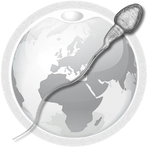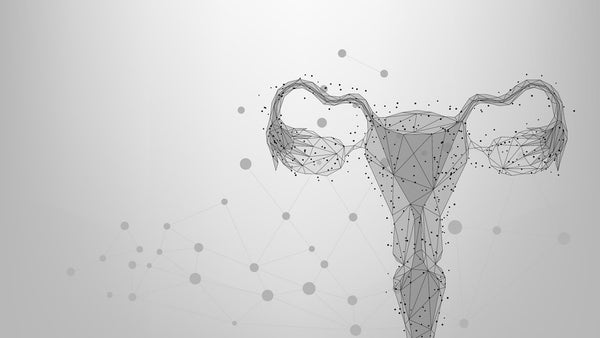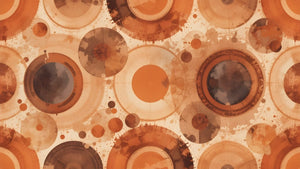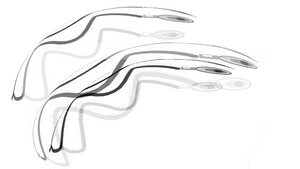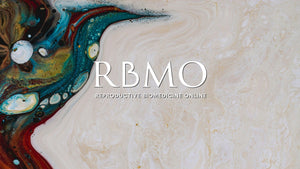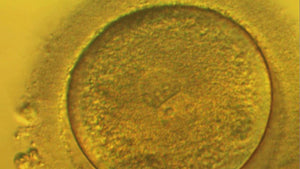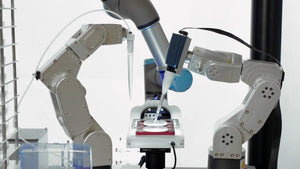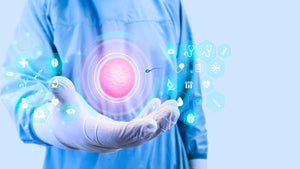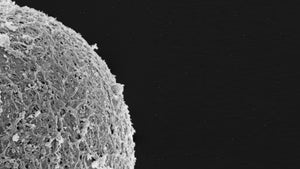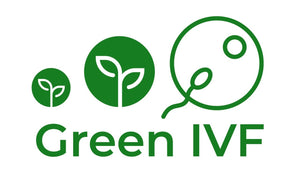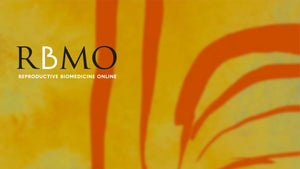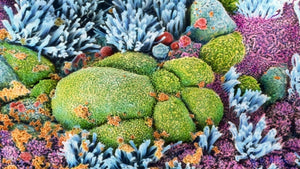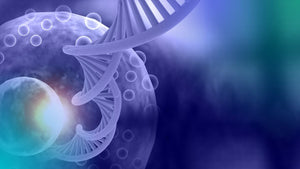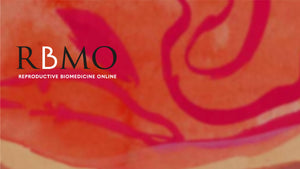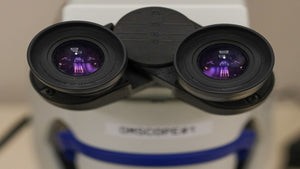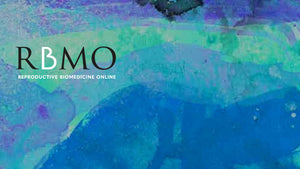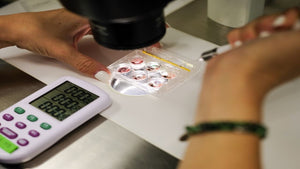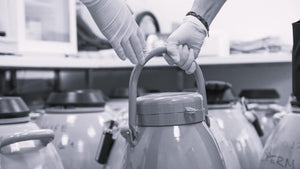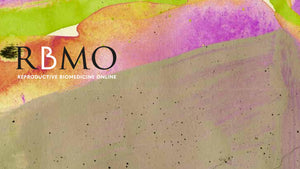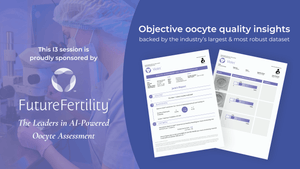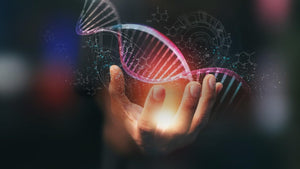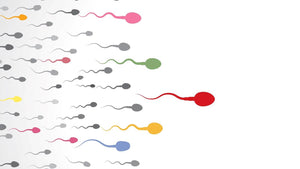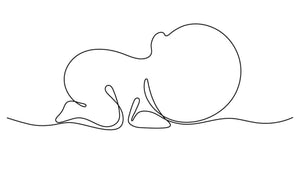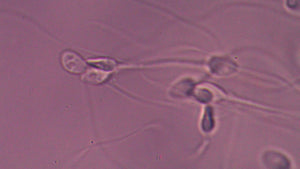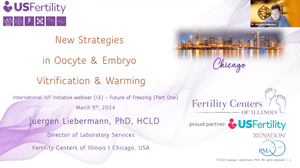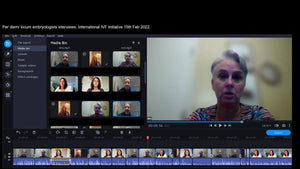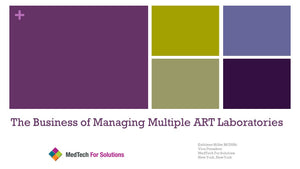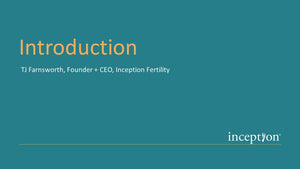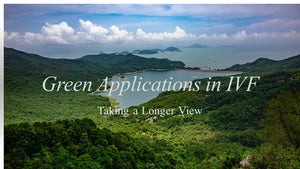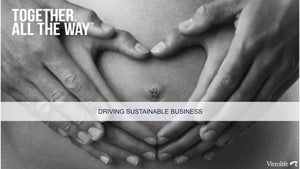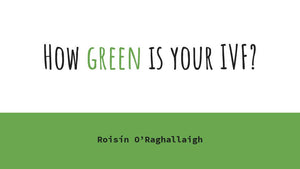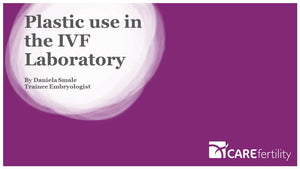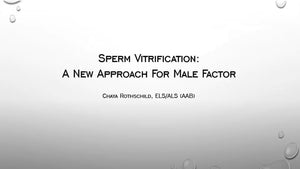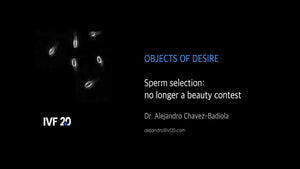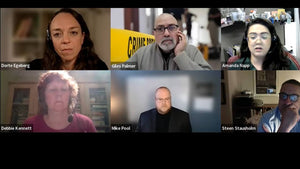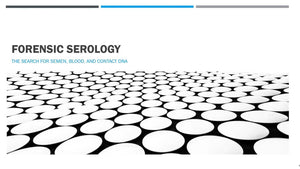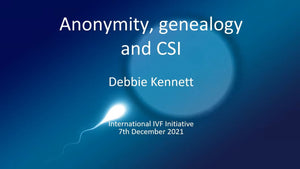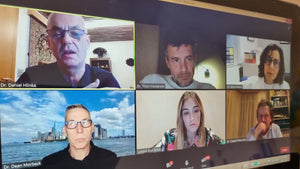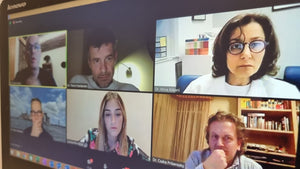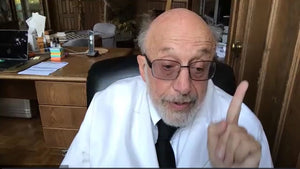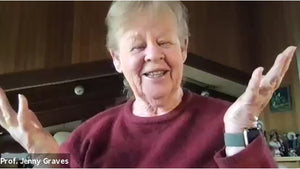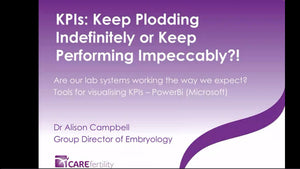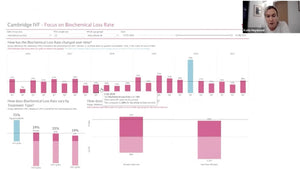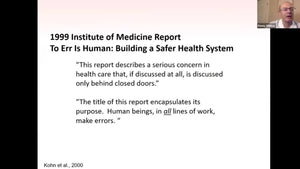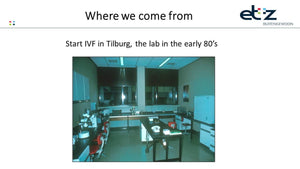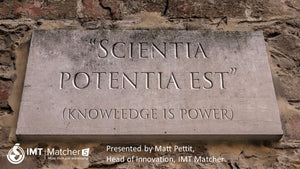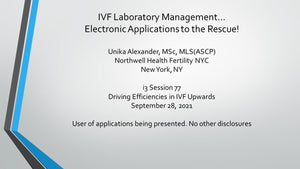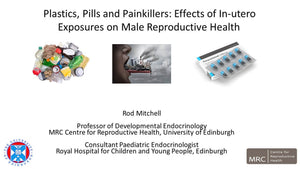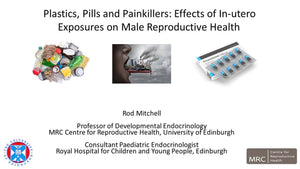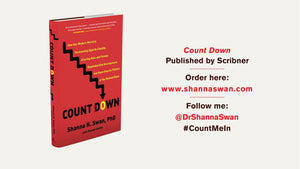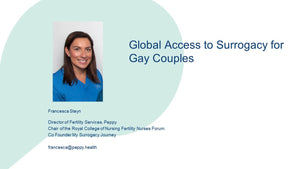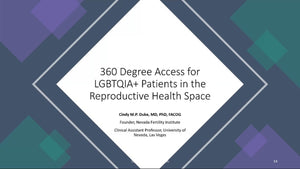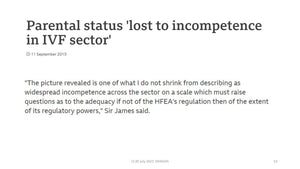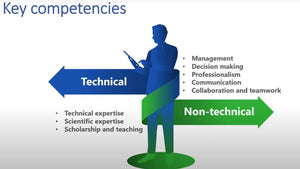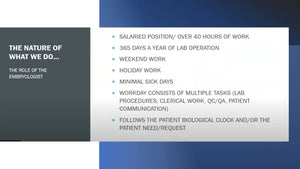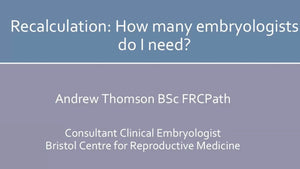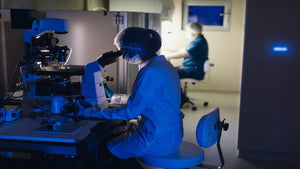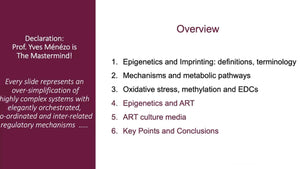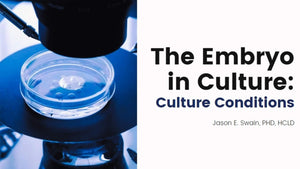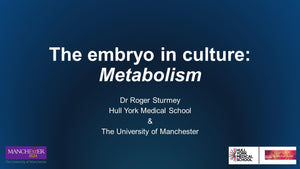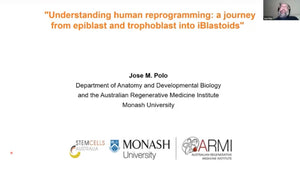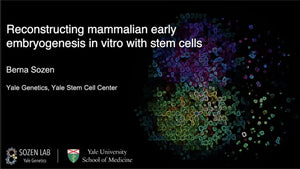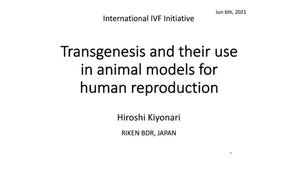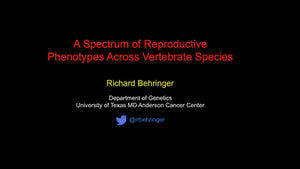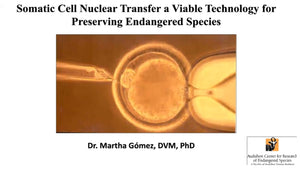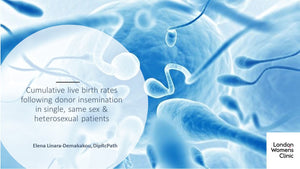Session 110 : EXPLORING STRATEGIES TO IMPROVE FEMALE FERTILITY

Donate
At the International IVF Initiative, we are committed to providing free access to our educational sessions, webinars, and resources for professionals and individuals passionate about advancing reproductive medicine. We believe that cost should never be a barrier to knowledge and collaboration. By contributing, you’re ensuring that valuable educational resources, expert insights, and collaborative opportunities remain open to all without financial barriers. Together, we can continue to foster a global community dedicated to innovation and excellence in the field of IVF.
Your Donation
Thank you!
Synopsis:
Description: International IVF Initiative(I3)- Online Session 110 : EXPLORING STRATEGIES TO IMPROVE FEMALE FERTILITY [111 minutes]. Held on Tuesday, 7th February (3 pm EST / 8 pm UK / 9 pm CET)
The webinar was dedicated to the new data on extending the ovaries function and improving fertility with mechanisms to increase efficiency.
The webinar was organized with the help of SIERR (Italian and international society of Developmental Biology and Reproduction) and was moderator by former President Dr Francesca Klinger and Professor Christiani Andrade Amorim.
There were three speakers, experts in this field: Prof. Richard Anderson, Prof. Evelyn Telfer and Dr. Sonia Herraiz.
Richard Anderson shed new light on the familiar topic of ovarian ageing and the impact on female fertility but with new data showing demographics and national and international reproductive patterns and describing therapeutic paths. Prof. Evelyn Telfer gave an extensive review of the work on oogonial stem cells in human adult ovaries and the fast-developing field of adult stem cells while Dr. Sonia Herraiz showed through animal studies the various pathways being done on ovarian rejuvenation strategies.
This masterclass of ovarian physiology was enhanced by the presence of young panelists and researchers in the field of 3D reconstruction, modelling and bio-engineering of the ovary ( Prof Maurizio Zuccotti, Dr Giulia Fiorentino and Dr Emna Ouni) who were given time in-between each talk as well at the extensive questions and answers section that invited questions from the audience to participate with all presenters and moderators.
Session 110 : EXPLORING STRATEGIES TO IMPROVE FEMALE FERTILITY
Tuesday, 7th February (3 pm EST / 8 pm UK / 9 pm CET)
Moderators:
Dr Francesca Klinger and Professor Christiani Andrade Amorim
with panelists Prof Maurizio Zuccotti, Dr Giulia Fiorentino and Dr Emna Ouni
Presenters:
Prof. Richard Anderson "Ovarian ageing and the impact on female fertility"
Prof. Evelyn Telfer "The presence of oogonial stem cells in human adult ovaries"
Dr. Sonia Herraiz "Ovarian rejuvenation strategies"
Roundtable Discussion and Q and A.
DR. FRANCESCA KLINGER
Dr. Francesca Klinger is Assistant Professor in Histology and Embryology. Her research interests include reproductive and developmental biology, histology, and stem and germ cell biology, with a primary focus on investigating how different drugs, such as chemotherapics, can impact on subsequent female fertility and ovarian function. The aims of her research are to develop new methodologies for the preservation of fertility.
PROF. CHRISTIANI ANDRADE AMORIM
Prof Christiani Amorim received her PhD from the Federal University of Santa Maria. She then worked at the Florence University, in Italy, and, subsequently, served as Associate Professor at the Brasília University, in Brazil. Currently, she is Professor at the Catholic University of Louvain, in Belgium. In the last years, Prof Amorim has been focusing her attention on the development of a transplantable artificial ovary to restore fertility in cancer patients. She also serves as Basic Scientific Officer in ESHRE’s Special Interest Group on Stem Cell, board member of the Society of Low Temperature Biology and associate editor of Human Reproduction Update and Journal of Tissue Science & Engineering.
PROF. MAURIZIO ZUCCOTTI
Maurizio Zuccotti is an embryologist at the University of Pavia, Italy, where he is full professor of Developmental Biology. His research focuses on the identification of the cellular and molecular factors that during oogenesis contribute to the acquisition of the mammalian oocyte's developmental competence. Thanks to an interdisciplinary approach based on tomographic and optical imaging, correlative microscopy, histochemical and molecular biology tools (e.g., spatial transcriptomics), machine and deep learning, he is dedicated to build a 4D digital model of the ovary from homeostasis to dysfunction.
He is coordinator, with Dr. Danilo Cimadomo, of a Master course in 'Biology and Biotechnology of Reproduction: from research to the clinic' organised together with GeneraLife.
DR. GIULIA FIORENTINO
Giulia Fiorentino is a 30-years-old fixed-term researcher at the Laboratory of Developmental Biology of the University of Pavia (Italy). She has a Master degree in Molecular Biology and Genetics and a PhD in Bioengineering and Bioinformatics. Giulia’s research interests focus on the 3D analysis and in-silico reconstruction of the mammalian ovary, using mouse as model organism, to disclose the almost unexplored dynamics of folliculogenesis and vasculature remodelling as they occur in the 3D morpho-functional ovarian context. She spent a period at the Center for X-ray Analytics-EMPA (Zurich) where she worked on a 3D reconstruction of the ovary by using advanced computed tomography systems. Giulia is member of Italian and international society of Developmental Biology and Reproduction (GEI-SIBSC; SIERR; ESHRE). She is author (https://orcid.org/0000-0002-6163-9428) of 7 papers published on indexed international scientific journals (5 of which as first author) and of 17 conference communications (10 of which as speaker).
DR. EMNA OUNI
As a PhD and a bioengineer, Emna Ouni has been particularly enthusiastic and impressed by the perspective of creating artificial organs on demand. But soon, she noticed how much limited our knowledge about the human cells’microenvironment (matrisome/extracellular matrix) is and how it is hampering any attempt of creating biofunctional designs. This is when she chose to make biomimetism her mission.This mission started by reverse bioengineering the human ovary and developing tailored methods to unravel the proteomics, biomechanics and architecture of the human ovarian matrisome from prepuberty to menopause. This led to providing a first blueprint to leap to the next generation of bio-inspired tissue-engineered ovaries.
Her ultimate goal is to carry on this mission and extend it to other tissues and organs to fuse engineering with fundamental research and use multidisciplinary approaches in order to create functional 3D models of human organs for precision medicine, regenerative medical applications and drug discovery.
PROF. RICHARD ANDERSON
Richard Anderson has been an Editor for RBMO since 2017. He is Elsie Inglis Professor of Clinical Reproductive Science and the University of Edinburgh and works clinically in Infertility and Reproductive Endocrinology, and provides a specialist endocrinology service to the Edinburgh Gender Identify Clinic. He has interests in both female and male fertility, with a long-standing activity in the development of hormonal male contraception. He has a major interest in fertility preservation and the effects of cancer treatments on fertility, and he has also conducted clinical studies developing our understanding of novel neuropeptides in human reproductive function in men and women. He is past Coordinator of the ESHRE Special Interest Group in Fertility Preservation, and is a member of the ESHRE Executive Committee and the HFEA Scientific and Clinical Advances Advisory Committee.
He previously held posts as a Fulbright scholar at the University of California, San Diego; visiting professorships at Stanford University School of Medicine (California, USA), Free University (Brussels, Belgium), University of Siena (Italy), University of Southampton (UK), and the University of Adelaide (Australia). He was a past chair of the World Health Organization (WHO) steering committee for infertility guidelines.
His major research interests include the pathophysiology of human ovarian function (including PCOS, and POI), ovarian stimulation, IVF and women’s health (including contraception, menopause and healthy aging). He has published close to 500 peer-reviewed articles (Hirsch factor > 100), is one of the most cited authors in reproductive medicine and his work has been widely covered in the national and international lay press.
PROF. EVELYN E TELFER
Professor Evelyn Telfer holds a chair in Reproductive Biology at the University of Edinburgh. She heads a research group in Ovarian Development with a particular interest in developing in vitro models to support oocyte development from immature stages in domestic species and human. Evelyn’s group has developed a culture system that supports in vitro growth of human and bovine primordial follicles to the Metaphase II stage. They are now using these models to study the potential of female germ line stem cells isolated from adult ovaries in a range of species.
Evelyn is a regular invited speaker at International meetings, she has several international collaborations and her research is funded by the Medical Research Council U.K. and The Wellcome Trust. Her group has won several awards at international meetings and in 2019 she received the distinguished scientist award from the Society of Reproduction and Fertility. Evelyn also has an interest in the Public understanding of science and contributes to workshops and delivers lectures at science festivals and other public forums. Evelyn was appointed Commander of the Order of the British Empire (CBE) in the Queen’s Birthday Honours 2021 for services to female reproductive biology and in 2022 was named the prestigious Marshall Medal awardee by the Society for Reproduction and Fertility.
DR. SONIA HERRAIZ
Dr. Sonia Herraiz is a Miguel Servet full-time scientist at IVI Foundation-Instituto de Investigación Sanitaria la Fe (IIS La Fe) leading the Ovarian rejuvenation research group, member of the Reproductive Medicine group at Health Research Institute Hospital La Fe, and part of the Fertility Preservation Unit at La Fe University Hospital in Valencia.
Her scientific career is focused on ovarian reactivation and follicle rescue by several approaches like the autologous stem cell transplantation or the ovarian fragmentation.
She completed several postdoctoral stays (>3years) hosted by leader scientists in the field of ovarian biology including: the University of Edinburgh (2012-2013), Stanford University (2016-2018) and Yale (2020).
She has authored over 40 peer-reviewed scientific papers and book chapters in international journals and, presented over 100 communications and lectures in international congresses. She has been prized by the Spanish Fertility Society in 2016 and by the Society of Reproductive Investigation in 2018, 2020 and 2022. Furthermore, is Professor in the Master’s Degree in Biotechnology of Assisted Human Reproduction (University of Valencia, UV) since 2016, Global Associate Editorial Board in Fertility and Sterility and Editorial Board in F&S Reviews
